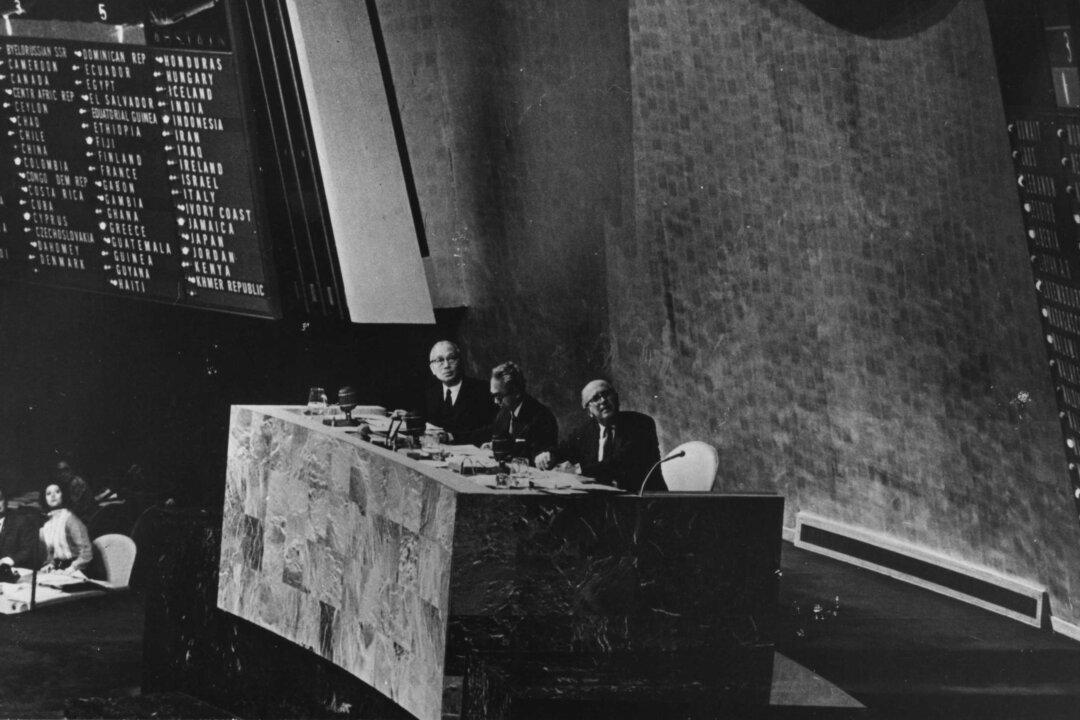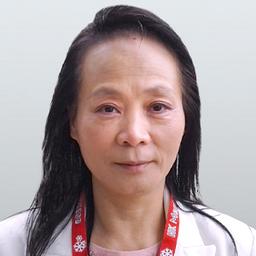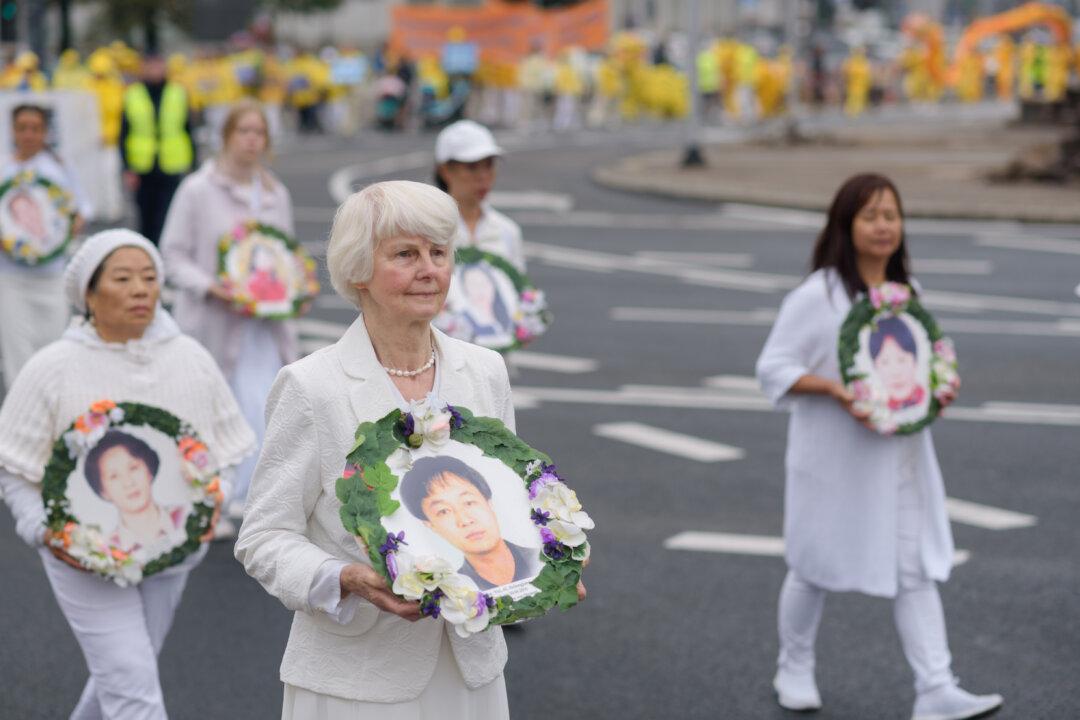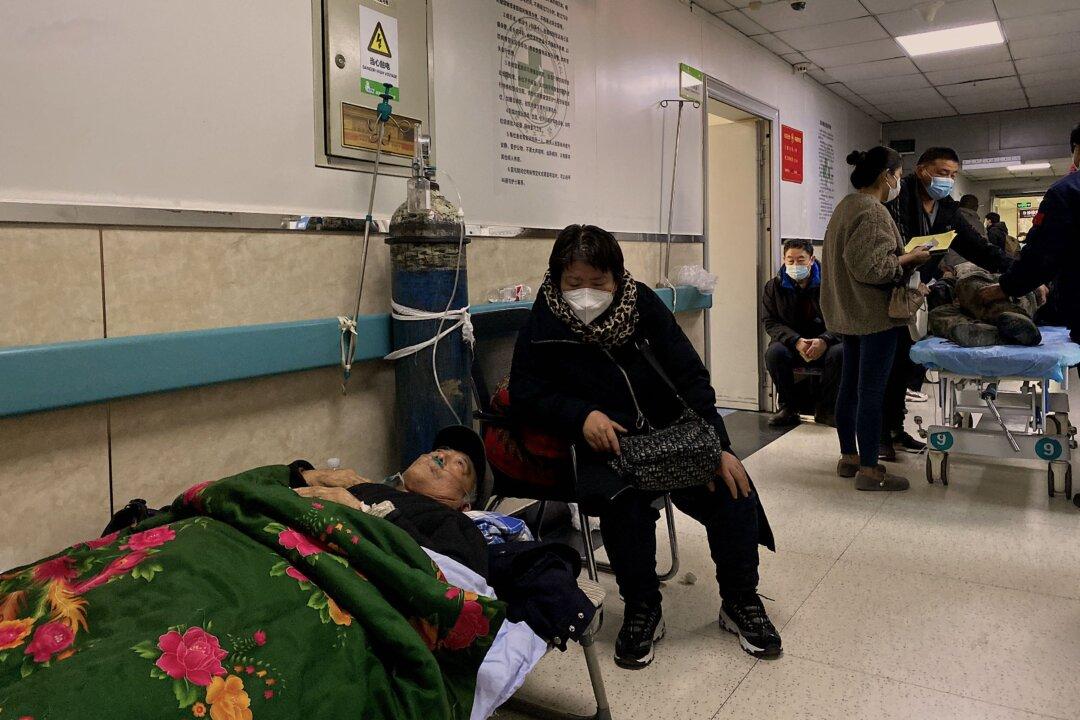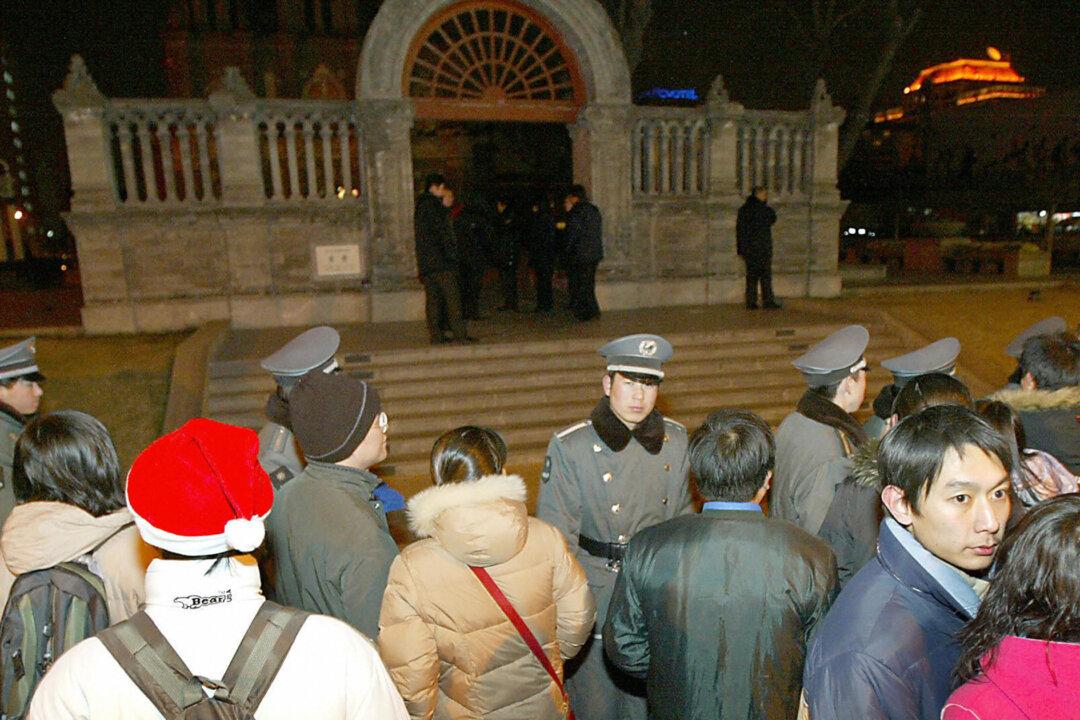China replaced Taiwan to become a member of the United Nations 50 years ago. Experts believe their strategy of befriending small nations has been one of the reasons for the communist regime’s transformation into a major player in the United Nations.
The Chinese Communist Party (CCP) has been taking advantage of all possible opportunities, including participation in the U.N. peacekeeping missions, to advance its agenda and expand its influence, experts said.
